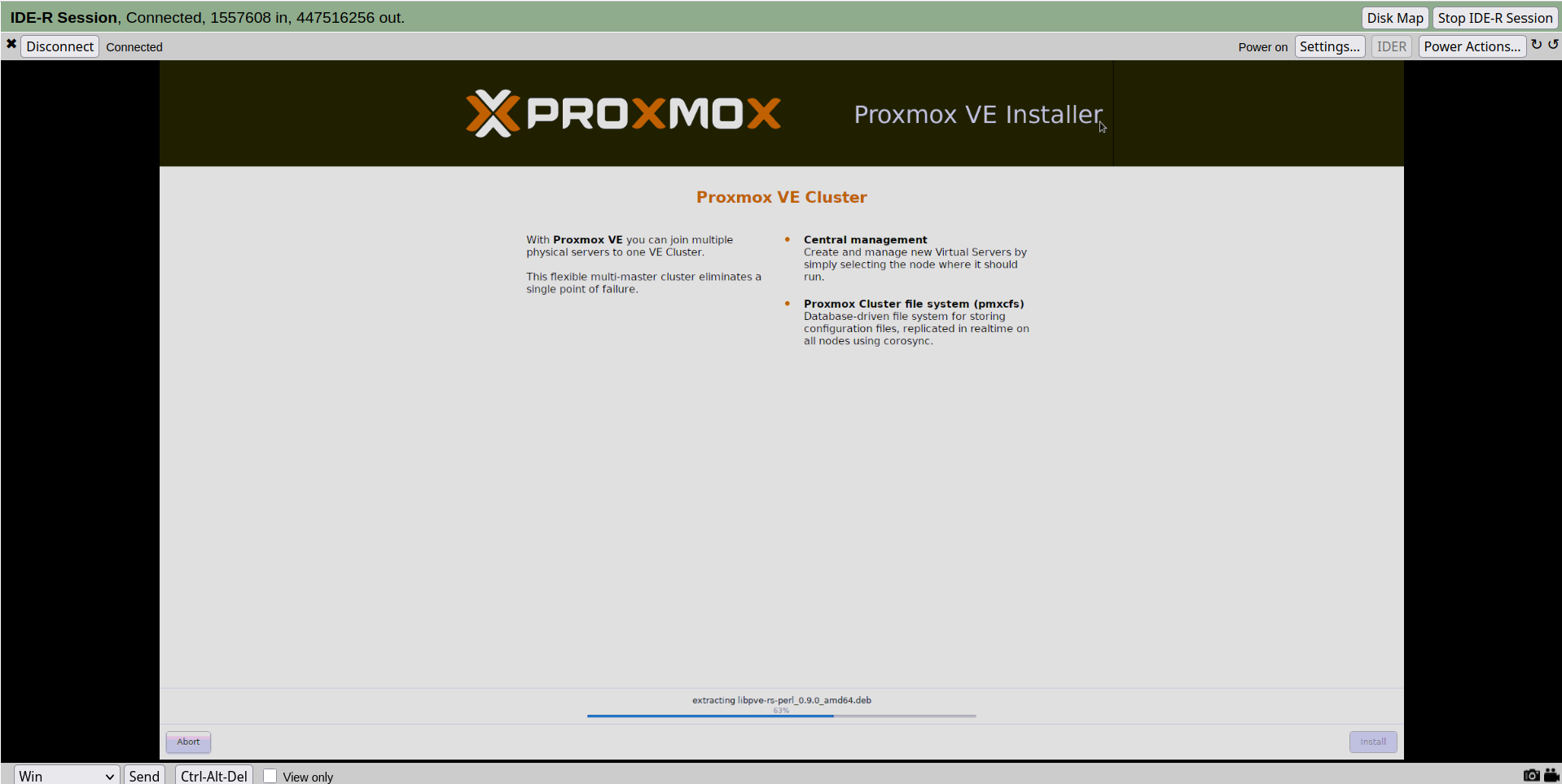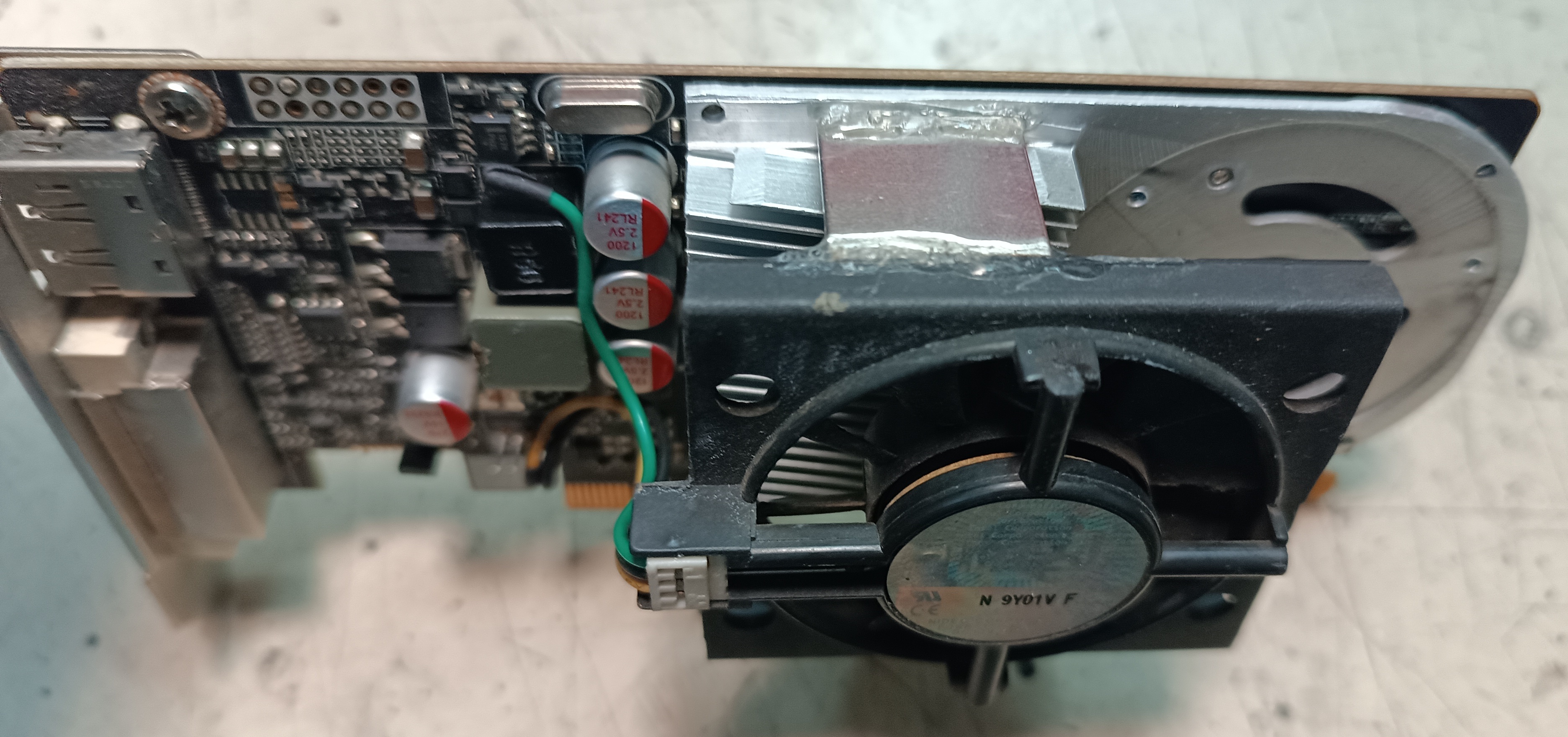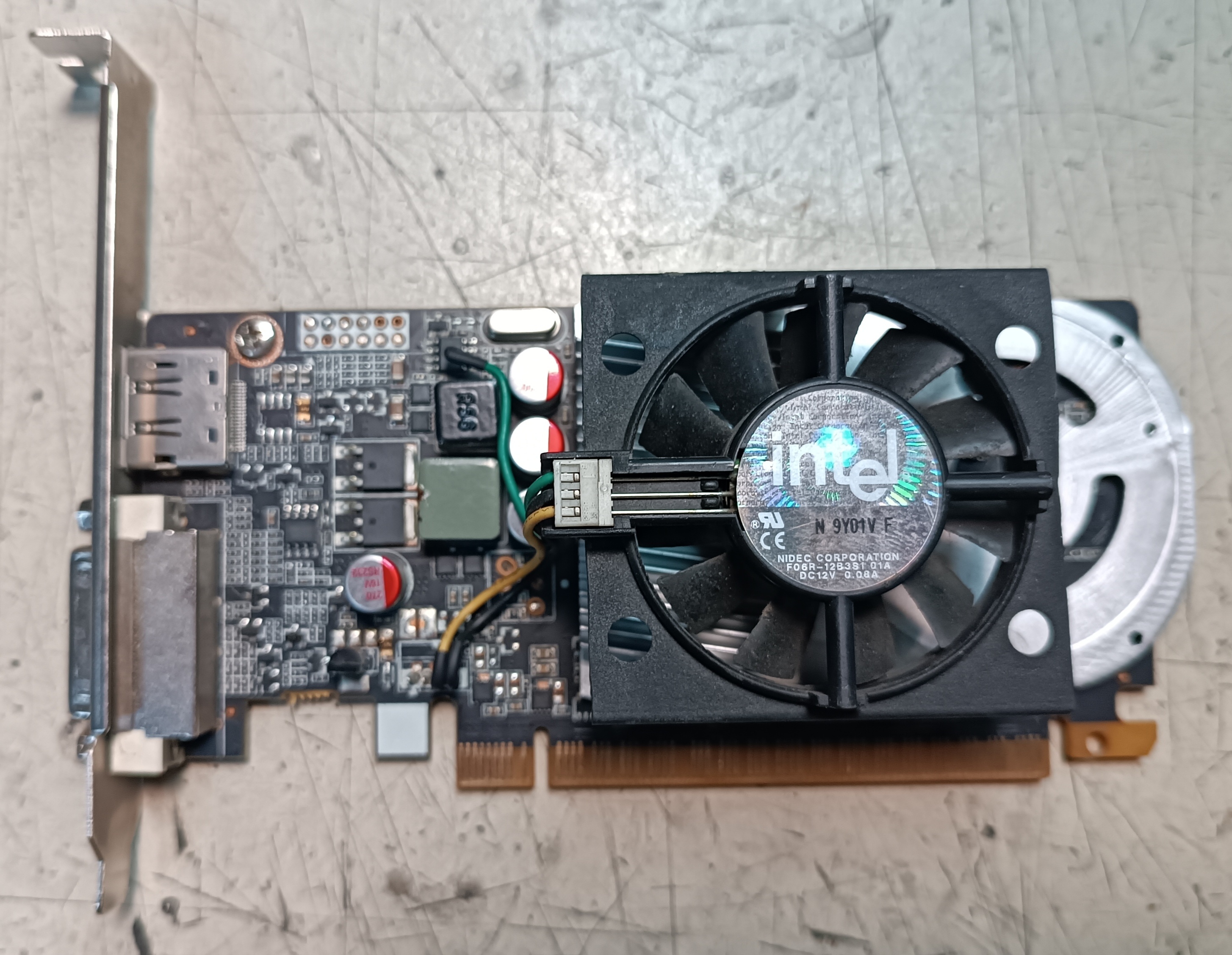Homelab
914 readers
1 users here now
Rules
- Be Civil.
- Post about your homelab, discussion of your homelab, questions you may have, or general discussion about transition your skill from the homelab to the workplace.
- No memes or potato images.
- We love detailed homelab builds, especially network diagrams!
- Report any posts that you feel should be brought to our attention.
- Please no shitposting or blogspam.
- No Referral Linking.
- Keep piracy discussion off of this community
founded 2 years ago
MODERATORS
1
2
3
4
5
7
8
9
10
11
12
13
14
15
16
17
18
19
20
21
22
23
24
25
view more: next ›



